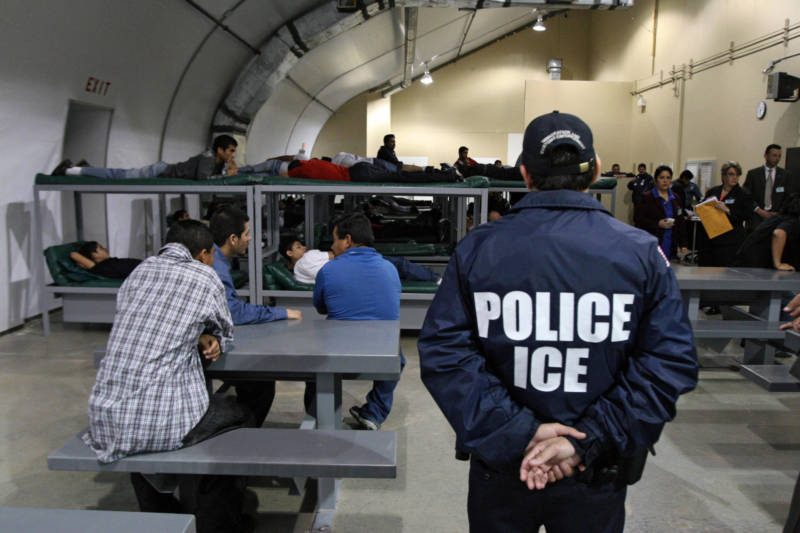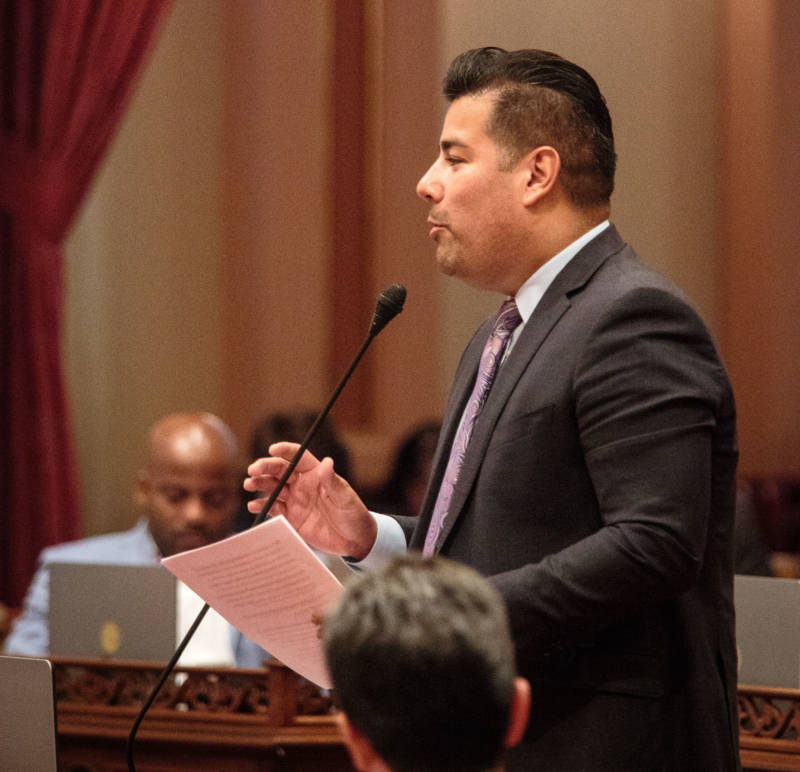Private prisons have been in the news a lot lately.
First, the Department of Justice announced it would stop using them, and soon after, the Department of Homeland Security said it would review whether hundreds of thousands of immigrants should be detained in private lockups overseen by the department's Immigration and Customs Enforcement (ICE) division.
The state of California might beat them to the punch. A bill that would bar cities and counties from contracting with private prisons to hold immigrant detainees is sitting on the governor’s desk.
If Gov. Jerry Brown signs the bill, three facilities would be impacted by Senate Bill 1289: Adelanto Detention Facility in San Bernardino County, Mesa Verde Detention Facility in Bakersfield and Imperial Regional Detention Facility in Holtville, in Imperial County.


